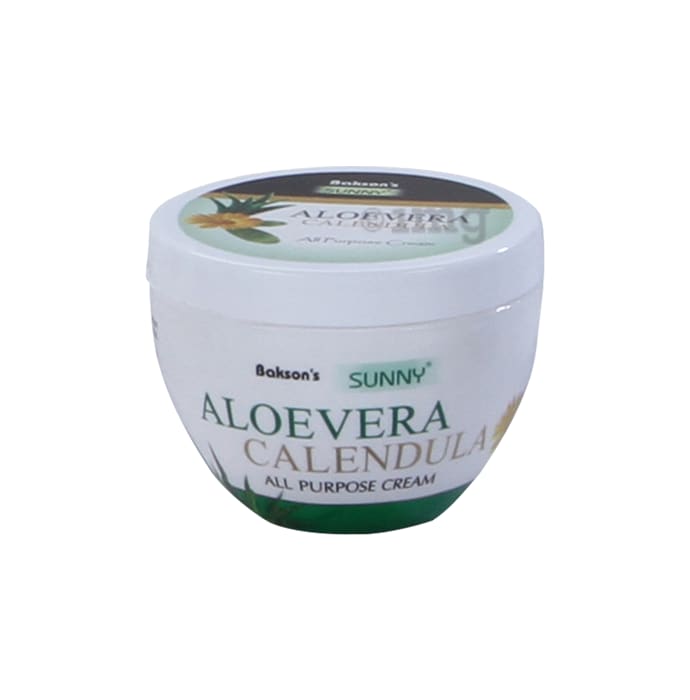Debunking Myths and Understanding the Role of Homeopathy Remedies
Homeopathy, a form of alternative medicine, has long been a subject of debate and scrutiny. Advocates praise its holistic approach and gentle healing methods, while skeptics question its scientific basis and efficacy. If you're someone questioning the usefulness of homeopathy remedies, it's essential to delve deeper into this practice to understand its principles and potential benefits.
At its core, homeopathy operates on the principle of "like cures like" and the concept of potentization. The basic premise involves using highly diluted substances that, in larger doses, might produce symptoms similar to those being treated. Despite the diluted nature of the remedies, proponents argue that the water retains a "memory" or energetic imprint of the original substance, which is believed to trigger the body's healing response.
One of the primary concerns raised against homeopathy is the lack of substantial scientific evidence supporting its effectiveness beyond a placebo effect. Skeptics argue that the extreme dilution of substances results in remedies containing negligible or no active molecules, raising questions about their biological plausibility.
Several systematic reviews and meta-analyses have shown mixed results regarding the efficacy of homeopathy. While some studies suggest potential benefits for certain conditions, others conclude that any observed effects are likely due to a placebo response. The scientific community, overall, remains skeptical due to the lack of robust, reproducible evidence supporting homeopathy's clinical effectiveness.
However, it's crucial to acknowledge that individual experiences with homeopathy can vary. Many patients report positive outcomes and improvements in their health conditions after using homeopathic remedies. Such anecdotal evidence often forms the basis of support for homeopathy, highlighting the complexity of healthcare and the diverse ways individuals respond to different treatments.
Moreover, proponents argue that the holistic approach of homeopathy, focusing on treating the whole person rather than just the symptoms, resonates with many individuals seeking more personalized and gentle healthcare options. Homeopaths often spend considerable time understanding the patient's lifestyle, emotional state, and overall well-being to tailor treatment accordingly.
It's important to approach homeopathy with a balanced perspective. While it might not have a solid scientific foundation according to conventional medical standards, some studies suggest potential benefits in certain situations. Additionally, homeopathy is generally considered safe when used as an adjunct to conventional medicine. However, relying solely on homeopathy for the treatment of serious or life-threatening conditions without consulting a qualified healthcare professional can be risky.
Critics of homeopathy advocate for more rigorous scientific investigations to determine its efficacy beyond a placebo effect. The debate surrounding homeopathy remains ongoing, emphasizing the need for further research and unbiased evaluation of its principles and clinical outcomes.
In conclusion, the usefulness of homeopathy remedies remains a subject of controversy and debate. While some individuals find benefits and relief from certain health issues through homeopathic treatments, the lack of robust scientific evidence raises questions about its effectiveness beyond a placebo effect. As with any healthcare decision, it's essential to consult with qualified healthcare providers, consider all available evidence, and make informed choices that prioritize individual health and well-being.

Comments
Post a Comment